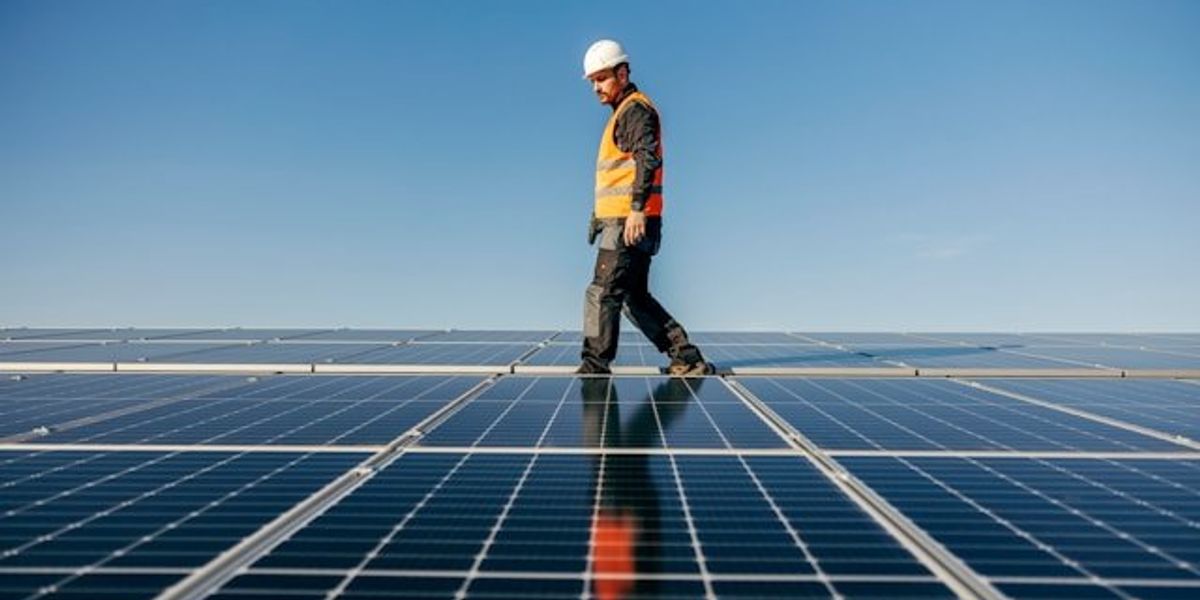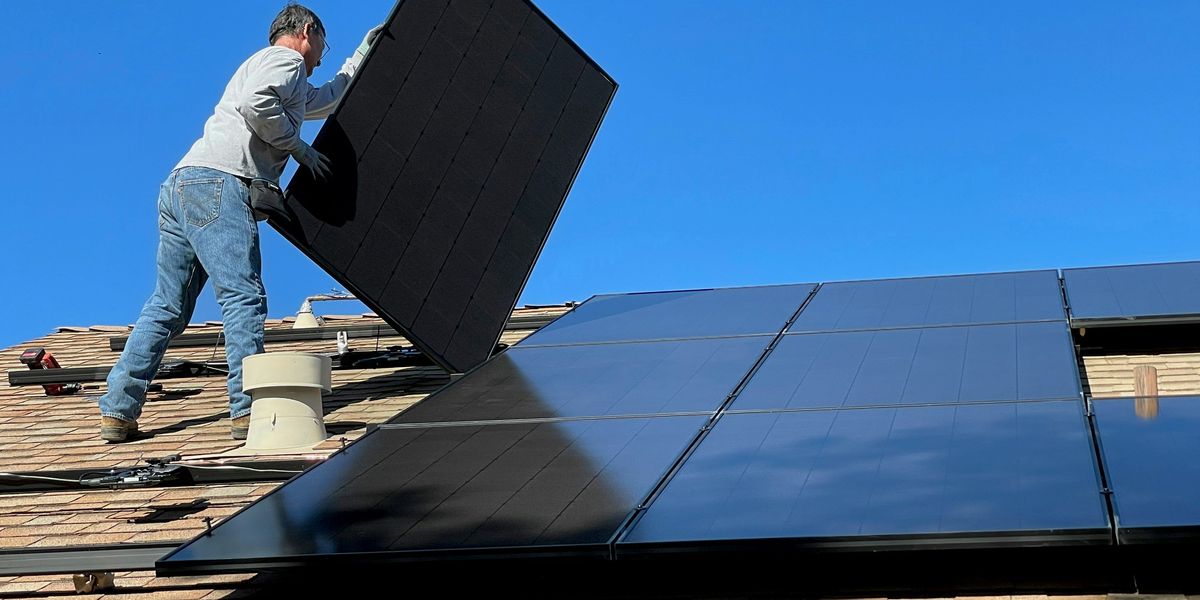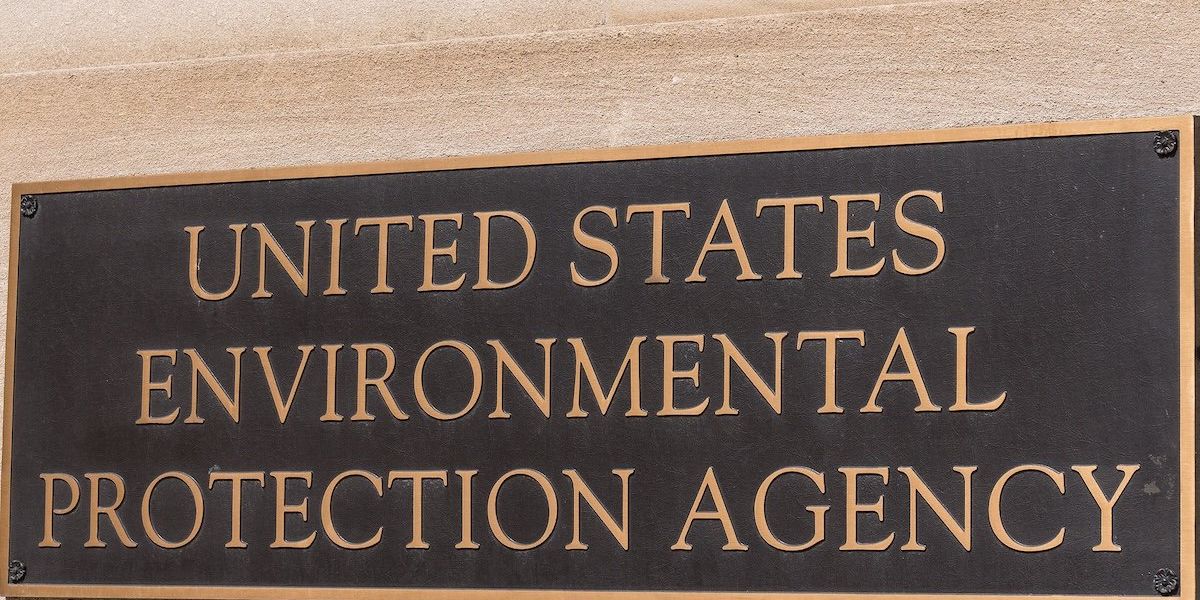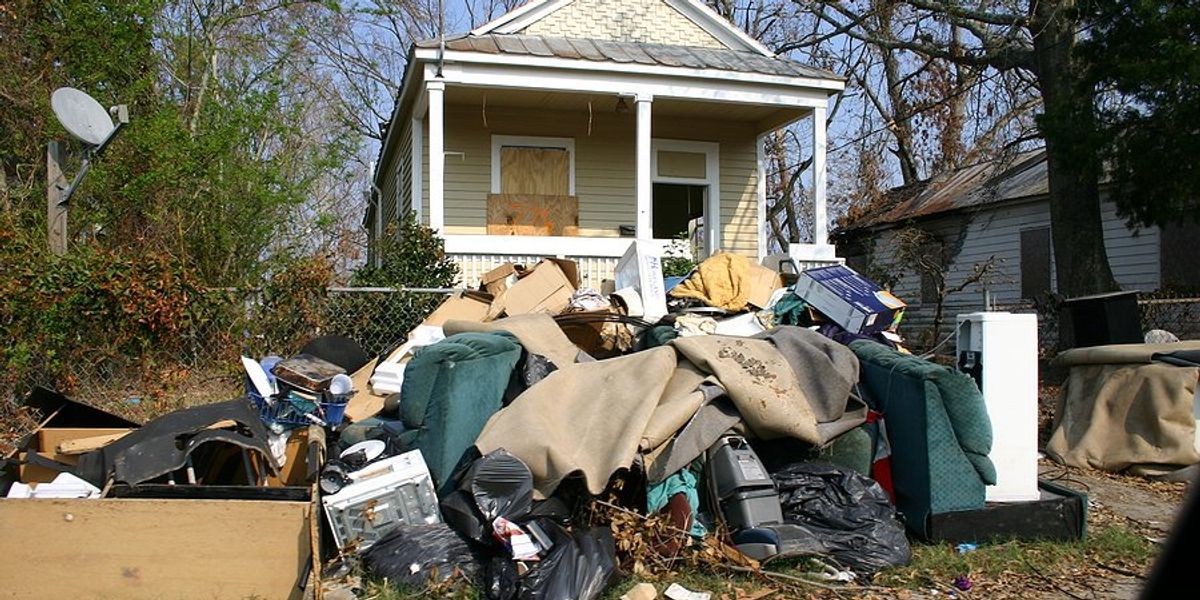energy transition
Oregon’s biggest gas company isn’t as green as it claims
NW Natural promised Oregonians it would embrace renewable natural gas, but years later, the company continues to rely on fossil fuels while selling an image of sustainability.
In short:
- NW Natural launched a campaign to promote renewable natural gas, yet continues to sell as much fossil fuel as before.
- Internal documents reveal the company used public relations strategies to downplay the growing pressure to phase out gas and electrify homes.
- Despite promises, renewable natural gas makes up less than 1% of the company’s supply today.
Key quote:
“The story they’re telling us is simply not possible. What they’re trying to do is to prevent being put out of business.”
— Phil Barnhart, former Oregon state representative
Why this matters:
As the climate crisis deepens, misleading sustainability claims delay real action on reducing fossil fuel dependence, prolonging exposure to harmful emissions. This kind of greenwashing isn't just misleading—it's dangerous. Read more: Hog waste-to-gas: Renewable energy or more hot air?
Motionless turbines could reduce wind energy’s noise and wildlife impact
A new “motionless” wind energy system, quieter and safer for birds, has been installed on the roof of BMW’s MINI plant in Oxford, offering a scalable, renewable energy solution.
In short:
- A U.S. company, Aeromine, has developed a “motionless” wind turbine system that reduces noise and wildlife risks.
- The system works alongside rooftop solar panels to maximize energy output, particularly in low-solar conditions like evenings or winter.
- Funding for the project comes from BMW’s Startup Garage, which acts as a customer to drive innovation.
Key quote:
“Our ‘motionless’ wind energy technology is designed to work seamlessly alongside solar systems, maximizing the renewable energy output from rooftops.”
— Claus Lønborg, managing director at Aeromine
Why this matters:
With Europe already ahead of the curve in renewable adoption, if these prototypes prove effective, we could see them on rooftops across the continent, fitting in snugly where traditional turbines struggle .Read more: In the race for clean energy, the US is both a leader and a laggard — here’s how.
Reimagining energy: The rise of free solar power
A solar revolution is underway, with experts predicting that by 2030, solar power could be effectively free during daylight hours in many regions.
In short:
- Solar energy capacity saw an 80% increase in 2023, now providing nearly 6% of global electricity, with expectations to become the dominant source by the 2030s.
- The cost of solar panels has dropped dramatically, making solar the cheapest new electricity source for 95% of the world.
- The future may bring industries that adjust operations based on solar availability, with a growing focus on energy storage and transmission.
Key quote:
“The next tenfold increase will be equivalent to multiplying the world’s entire fleet of nuclear reactors by eight in less than the time it typically takes to build just a single one of them.”
— The Economist
Why this matters:
With fewer fossil fuels being burned, we could see a dramatic drop in pollution-related illnesses, cleaner air, and a significant cut in carbon emissions. The challenge now is to figure out how to harness this potential. Read more: Solving the climate crisis requires more than switching to renewables—everyone needs equal access.
DNC aims to lead by example with carbon reduction efforts at Chicago convention
Climate-conscious attendees at the Democratic National Convention in Chicago are being urged to actively participate in sustainability efforts, from carbon insetting to recycling and composting.
In short:
- The DNC has launched a Travel Carbon Inset Initiative to encourage attendees to donate to local sustainable projects, aiming to mitigate the event's carbon footprint.
- Sustainability measures include compost collection, increased recycling at the United Center and using grid power instead of diesel generators.
- Critics of carbon offsetting highlight that this initiative could serve as a more effective model for reducing emissions at large events.
Key quote:
“This convention has the potential to leave a transformative legacy.”
— Stephanie Katsaros, local sustainability advisor
Why this matters:
This move aligns with the broader shift we’re seeing across the board: organizations, events, and even individuals are looking for more authentic ways to reduce their environmental impact. It’s a small step in the right direction, showing that even large-scale political events can rethink their approach to sustainability, one donation at a time. Read more: Biden administration unveils plan to wean US government off single-use plastic.
Harris could redefine climate leadership in 2024
Vice President Kamala Harris' entry into the presidential race has ignited hope among environmentalists that her administration could push climate action further than President Biden’s, particularly by holding Big Oil accountable and addressing historic injustices.
In short:
- Harris has a history of challenging the oil industry and supporting environmental justice, making her a strong contender for advancing climate policies.
- Her choice of running mate, Minnesota Gov. Tim Walz, strengthens her climate credentials, especially given his success in making Minnesota carbon-free by 2040.
- Despite skepticism from the Trump campaign, Harris’ focus on real-world benefits and her ability to communicate climate issues resonate with many voters.
Key quote:
She has a record of "making sure that Black and brown and low-income communities aren’t disproportionately impacted by corporate pollution."
— Kaniela Ing, national director of The Green New Deal Network
Why this matters:
While she’s likely to continue Biden's pragmatic approach, Kamala Harris's history as a prosecutor and a champion for justice could bring a fresh perspective to the fight against climate change. Read more: Robbie Parks on climate justice and mental health.
Sweden shows how to slash emissions while boosting the economy
Sweden has managed to cut 80% of its emissions since 1990 while doubling its economy, proving that economic growth and climate protection can go hand in hand.
In short:
- Sweden's success comes from early investments in renewable energy, utilizing its natural resources like forests and hydropower.
- The country transitioned away from fossil fuels for heating and electricity, with biofuels now powering 97% of heating.
- Strong government policies, including a high carbon tax, incentivized businesses and citizens to adopt greener practices.
Key quote:
"The biggest lesson is that you need close cooperation between government, private sector, and the local government as well to really develop these system solutions together and take risks, make these big long-term investments."
— Asa Persson, advisor to the Swedish government on climate policy.
Why this matters:
By investing in green tech, enforcing strict environmental regulations and pushing for a circular economy where waste becomes a resource, Sweden is showing the world that you don’t have to choose between a healthy planet and a thriving economy. Read more: Steps to re-invigorate the economy must free us from polluting fossil fuels.
How the Inflation Reduction Act is helping churches go solar
Churches, synagogues, and mosques nationwide are embracing solar power, thanks to the Inflation Reduction Act's incentives and financial support.
In short:
- The Inflation Reduction Act provides clean energy grants and tax credits, enabling places of worship to install solar panels and save on electricity bills.
- Churches like Watts-Willowbrook Church of Christ in Compton are using these savings to support community programs, such as food ministries and energy costs.
- Solar installations in religious institutions are spreading to underserved communities, promoting environmental justice and economic savings.
Key quote:
“Installing solar panels gives them an opportunity for funding to use in other areas of ministries.”
— Linda Cleveland, Watts Clean Air and Energy Committee
Why this matters:
This move isn't just about cutting down on those hefty energy bills—it's a green leap towards sustainability, showing congregations how faith and eco-consciousness can coexist. By tapping into the cost, climate, and reliability perks of solar energy, religious institutions are setting an example that combines moral responsibility with financial savvy. Read more: House Speaker Mike Johnson’s climate change playbook — deny the science, take the funding.



















